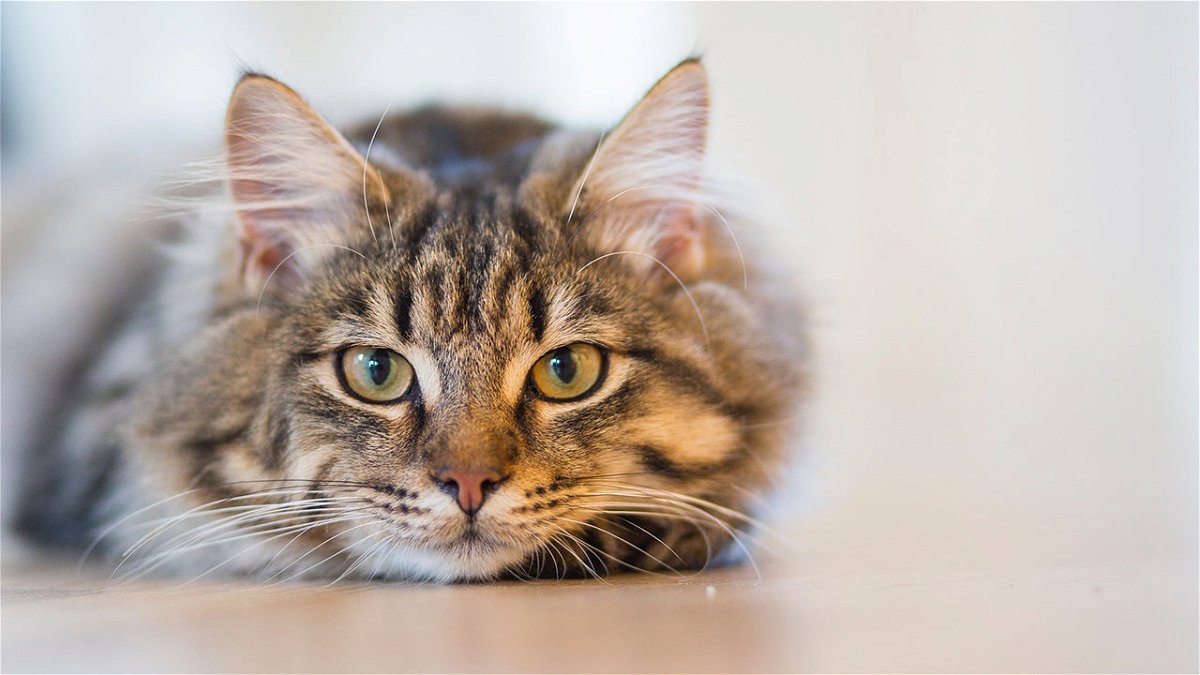3 common health issues for cats

Here are the most common diseases cats suffer during their lifetime:
- Fleas and flea allergies: Fleas are icky external parasites that possess a threat for the feline's health most of the time of the year especially in hot and humid climate. Fleas not only are a reason of irritation for the cats but also a huge contributor to spreading allergies in them.
Various symptoms showing the presence of fleas and flea infestations in cats are:
Excessive scratching and licking Skin infections Red inflamed skin Hair loss in the flea affected area Presence of flea dirt
Noting the symptoms at the earliest and starting with the treatment at the correct time prevents further disruption of the cat's skin and other health issues. Prevention is ALWAYS better than cure. Since, fleas are kind of common trouble so providing your kitty with prevention every month, all year round will ensure her complete protection. Numerous spot-on and oral treatments are qt high demand in the stores right now. Check out Frontline Plus, Bravecto, Nexgard and many other such medications and treat for feline pal with the best. A vet advice always helps in such situations.
- Feline Urinary Tract Disease: Generally, felines who consume more of dry food or are obese or overweight then, these cats are exposed to urinary tract infections. The symptoms for the same are:
Dehydration Depression Vomiting Lack of appetite Blood in urine Crying while urinating and licking around that area Not urinating in proper places
Feeding the kitty with canned food and special diets that control the urinary pH and balances it, increase the amount of water intake by the cat and provide excellent nutritional supplements that helps in controlling and preventing such urinary diseases. For example, cranberry extract may help in preventing recurring urinary tract infection in cats.
- Inflammatory Bowel Disease: IBD in felines are a group of gastrointestinal troubles, which occurs mainly due to inflammation of the cells that have been infiltrated in the intestinal tract. IBD in cats does not depend on the age factor and can affect any cat, but observed in mainly middle-aged and elder cats. The inflammation might have been caused because of bacterial infection or food allergies. The several symptoms indicating to IBD in cats are:
Weight loss Vomiting Lethargy Diarrhea Appetite change
The symptoms also vary with which area of the digestive tract have been diseased.
To overcome inflammatory bowel disease in cats, feed them with hypoallergenic diet and probiotic nutritional supplements that are a common treatment for inflammatory diseases.
Managing feline's diet and consulting vet to provide her with the correct treatment at right time gives you the liberty to take care of her at your own convenience. Having prior knowledge to several diseases of cat make you well prepared for the situation and helps you deal with it effortlessly.
By Taya Burnett, Source: Ezine Articles